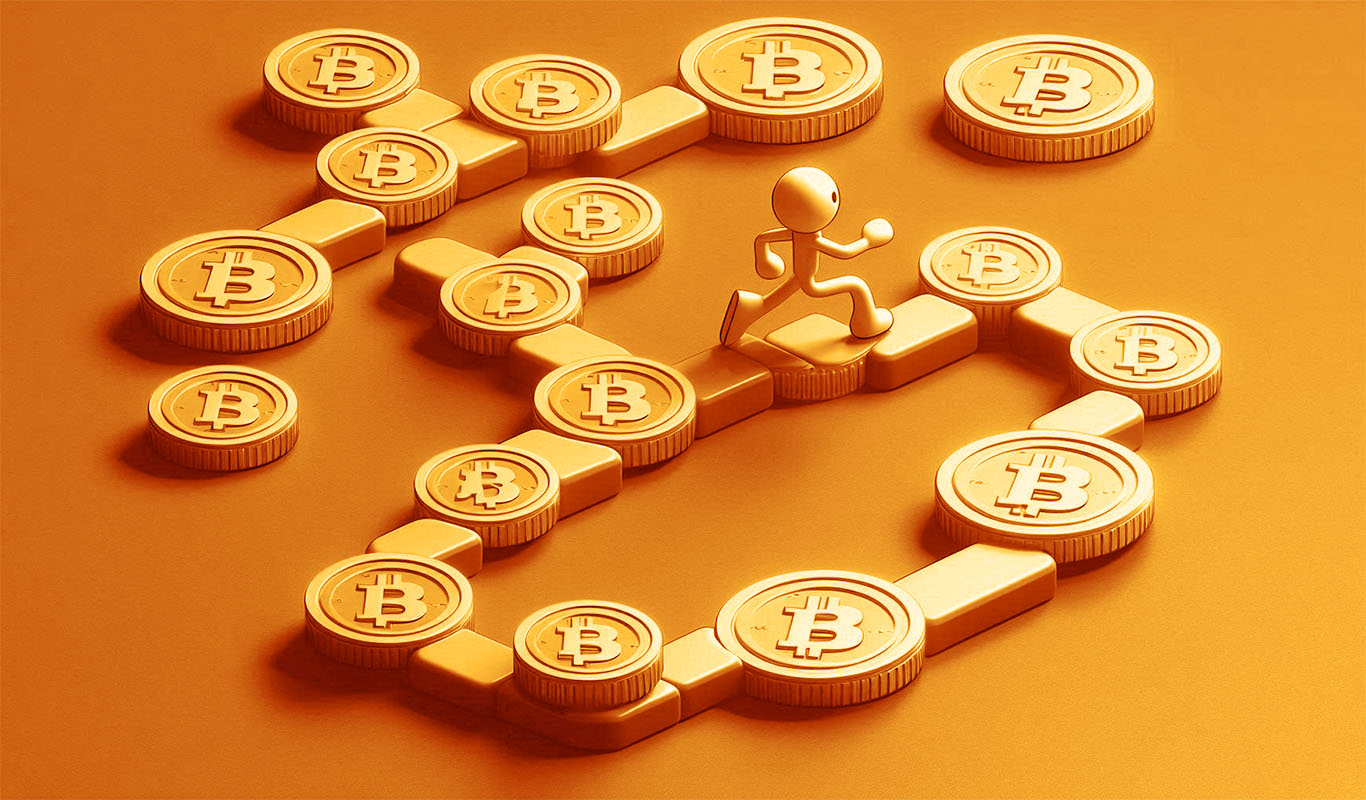Billionaire entrepreneur Elon Musk has refuted claims of owning Dogecoin (DOGE) wallets amid an ongoing class action lawsuit that accuses him of market manipulation and securities fraud related to the meme-based cryptocurrency.
Elon Musk denies involvement in market manipulation
The lawsuit, amounting to $258 billion, alleges that Musk was involved in a Dogecoin pyramid scheme. Filed documents on June 7, 2023, asserting that Musk sold 1.4 billion Dogecoins, valued at over $124 million, through two wallets attributed to the billionaire.
This purported profit-taking supposedly occurred over two days in April when Twitter temporarily replaced its iconic blue bird logo with the Dogecoin symbol, featuring a Shiba Inu dog. However, price aggregator Coingecko indicates a decrease in the token’s value from $0.095 to $0.085 during that same time frame.
Elon Musk’s lawyer, Alex Shapiro, has categorically denied these allegations in a letter obtained by The New York Post. The letter states that the claim that the wallets belong to Musk lacks any basis and argues that the sole evidence provided is the timing of Dogecoin sales when prices were allegedly rising, as mentioned in the Third Amended Complaint.
In late May, a group of DOGE investors amended the lawsuit, accusing Musk of engaging in manipulative practices to inflate the token’s price. The filing asserts that Musk conducted “transparent cryptocurrency market manipulation,” leveraging his substantial Twitter following and his appearance on NBC’s Saturday Night Live.
Musk, often referred to as the “Dogefather” and self-proclaimed “Dogecoin CEO,” has openly expressed his affinity for the meme cryptocurrency. He frequently promotes the token on social media platforms, leading to recent encounters with legal proceedings.
The implication of the court decision on the wider crypto market
Originally introduced as a lighthearted joke in 2013, Dogecoin has gained significant popularity and witnessed a surge in price. Presently, it holds the ninth position in market capitalization on CoinGecko, with a trading value of $0.06 and a remarkable market cap of $8.7 billion. The question of whether Elon Musk is the mysterious whale behind Dogecoin or merely a Twitter provocateur remains to be determined by the judge overseeing the case.
The outcome of this high-profile lawsuit holds implications not only for Elon Musk but also for the cryptocurrency community as a whole. It raises important questions about market manipulation and the influence of prominent figures on digital asset prices. The case’s resolution will provide valuable insights into the legal framework surrounding cryptocurrency activities and the responsibilities of influential individuals in the industry.
As the legal battle unfolds, it remains to be seen whether the court will find merit in the allegations against Musk or dismiss them. The lawsuit serves as a reminder of the challenges faced by regulators in addressing market manipulation and ensuring fair practices in the rapidly evolving cryptocurrency landscape.
Regardless of the outcome, the controversy surrounding Elon Musk’s involvement with Dogecoin underscores the need for transparency and accountability in the cryptocurrency market. It highlights the importance of clear regulations and guidelines to prevent fraudulent activities and safeguard investor interests.
Elon Musk’s denial of owning Dogecoin wallets comes in response to ongoing allegations of market manipulation and securities fraud. The lawsuit, valued at $258 billion, raises pertinent questions about the responsibilities of influential figures in the cryptocurrency space and the potential impact of their actions on market dynamics. The court’s decision, in this case, will provide insights into the legal ramifications surrounding digital asset manipulation and contribute to the ongoing development of regulatory frameworks for cryptocurrencies.





